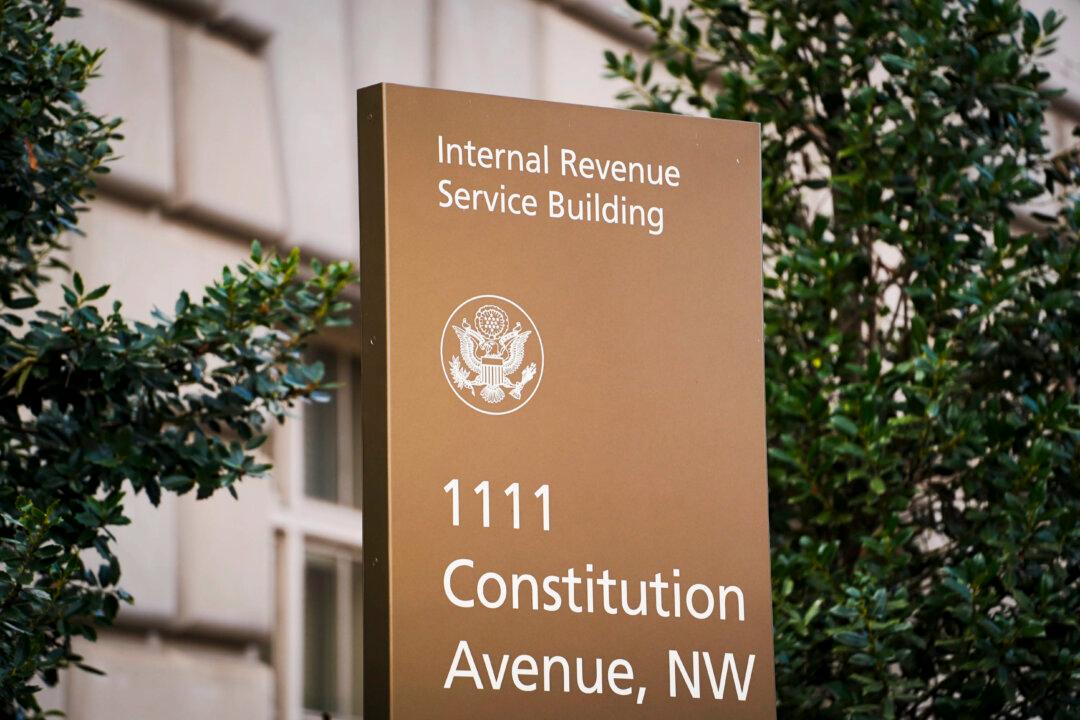The IRS announced a new coalition with members of the tax industry on Aug. 16 in an effort to counter the growth of scams threatening tax systems and taxpayers.
The new Coalition Against Scam and Scheme Threats (CASST) initiative was convened at the request of IRS Commissioner Danny Werfel.





